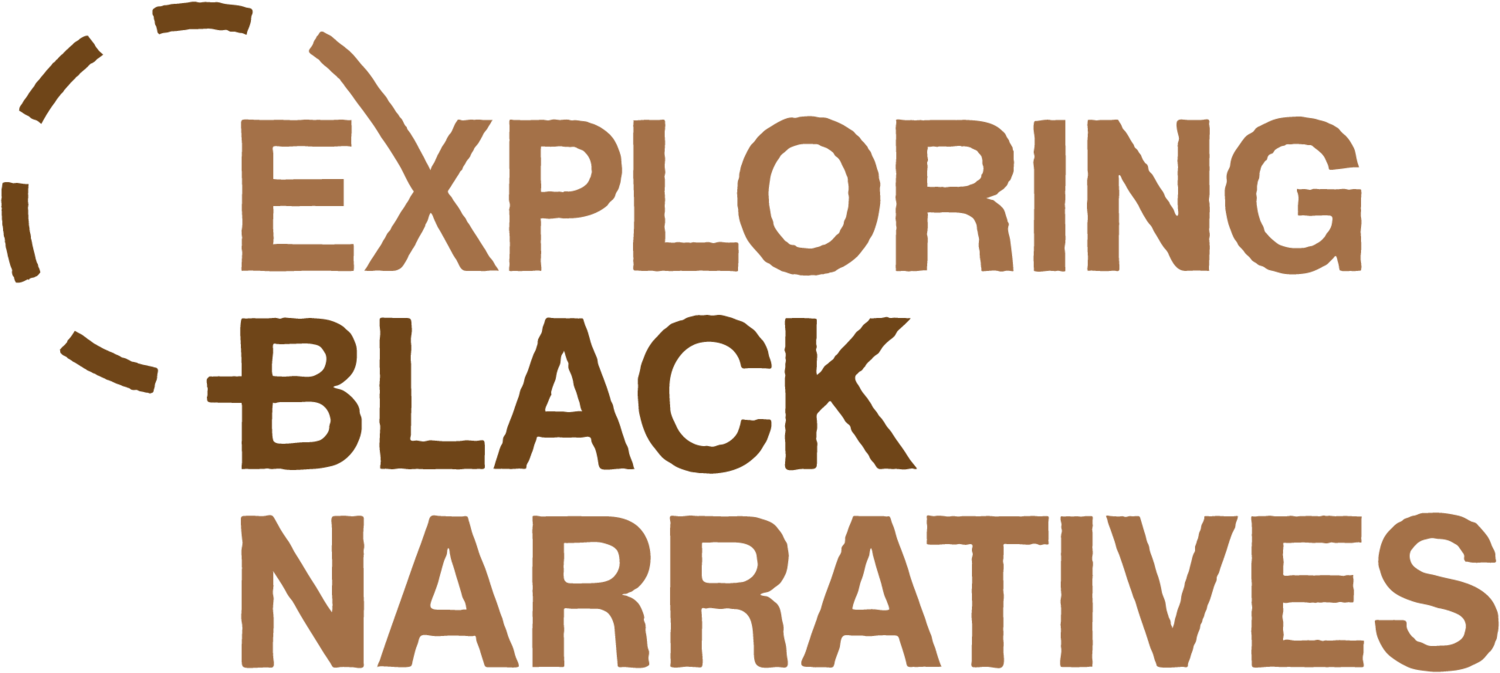Our Philosophy
We believe that storytelling can create sustained connections between communities.
Why is this program right for Jewish schools?
Jewish schools aim to inspire their students to grow as citizens and apply their values beyond the classroom. Our program motivates students to widen their perception of the world and think deeply about contemporary topics in a broader society.
Jewish communities thrive when we build bridges. By seeing stories and experiences of other communities, we create essential pathways to more positive relationships in the world.
The American Jewish community itself is multi-racial and encompasses many Jews who have a wide range of experiences. Studying these plays and meeting artists awakens students to the wonderful diversity within the Jewish world.
The writers we explore are among the most acclaimed and widely-produced playwrights in the country. They are the recipients of Pulitzer Prizes, Tony awards and nominations, and MacArthur ‘Genius’ Grants. Their texts are well-suited to rigorous English classes, and our program strengthens students' skills in perceptive reading and analysis.
How students benefit from EBN:
Interview preparation sharpens students’ perceptive reading, analysis, and ability to ask big questions. A good interview relies on deep thinking, curiosity, textual knowledge, and research – all of which are the ingredients for academic and lifelong learning.
The curriculum enhances students’ insights into the societal and historical settings around the plays. We believe that teaching literature is linked to teaching history. Contextualizing the work in their historical, geographical, and cultural settings measurably expands students’ awareness of the world and deepens their insights.
The program encourages discussions about the experiences of Black Americans. Literature does not set out to convince us of anything but rather to open our eyes to interesting stories, environments, cultures, and time periods. Through our exploratory process, students begin to engage in expansive and meaningful conversations.


